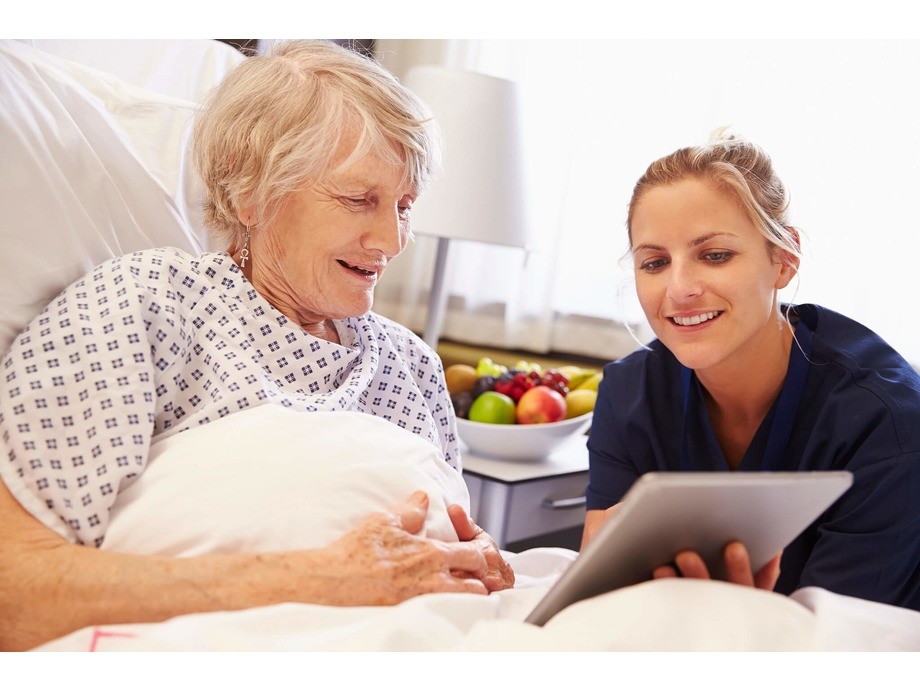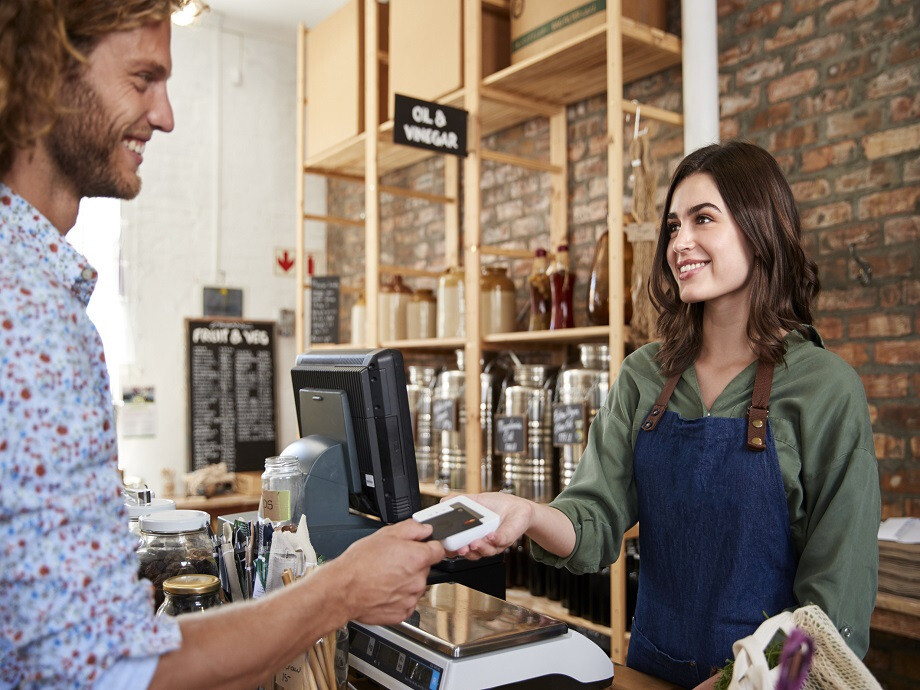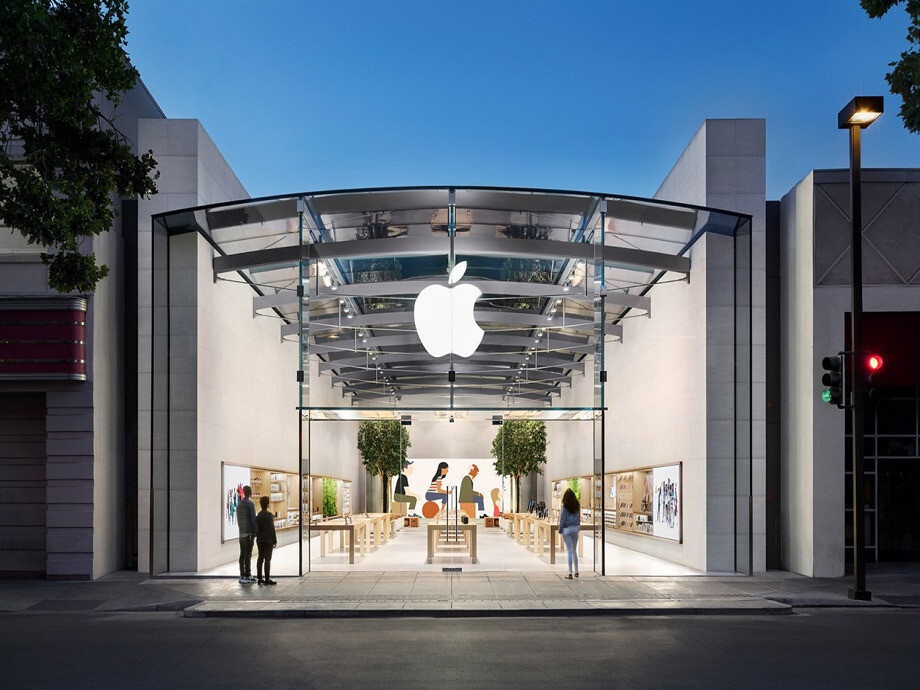
Making a difference: NFC in Healthcare
With the advantages offered by Near Field Communication (NFC) technology, the NHS in the UK and health services around the World has the opportunity to streamline more of its processes, slashing overheads and improving accuracy in the process, as well as freeing up a lot of time which was previously taken up by paperwork.
Of course, it will take investment, and this appears to be coming soon, with Matt Hancock, the Health and Social Care Secretary of the UK, announcing the availability of £487 million in funding specifically for technology in the NHS. The money will go towards including patient care through tech, replacing procedures which currently involve paper to electronic based systems.
It seems logical that a sizable chunk of the new funding will go towards NFC-based solutions, because they have already demonstrated their effectiveness. Among the hospitals which can already count the benefits of NFC, are those which use Contactless technology to help with hospital bed tracking. In this case, NFC technology is able to save time and approve accuracy when assigning beds and assessing the number and location of spaces available at any given time. That's just one example of how enhancements can be made right away with NFC, but there are also many more benefits which the funding could enable through investment in NFC. In this blog, we outline some of the most exciting possibilities.
NFC for the NHS - how does it work?
While overall the NFC uptake of healthcare organisations can be viewed as slow - considering the technology's potential benefits - in terms of the NFC market, the sector is one of the most significant NFC adopters. It is one of the reasons why the NFC market is predicted to reach a value of over £29 billion by the year 2025, according to research.
Data protection is one area which the NHS is expected to tighten up if it is to win back public trust lost after the high profile breach. NFC is helping to do this, adding a valuable security layer for the protection of medical data, which can ensure information is harder to obtain for the wrong people, while being easier to access for the right people. NFC is able to control access to computers and portable devices which store medical data, and all it takes is a swipe of an NFC Wristband or NFC Key Fob by medical personnel in order to gain access. This method of protection can almost be seen as a virtual key which offers a layer of security which could prove critical, as well as ensuring that whether they are looking at records or updating files, access is as uncomplicated as possible.
On the front line of medical care, NFC can also offer a new and better way of doing things. Standard wristbands were once used to alert medics to serious or life threatening conditions, but these can now be replaced with NFC Wristbands which can offer more detailed and updated information to medics who are the first responders in the case of an emergency.
Digitally stored data is important, and so too are the physical assets controlled by hospitals, including; medications, buildings and medical equipment. NFC is helping to control access via smartphones, badges and bands, and also provide a greater degree of sophistication to the privilege system which can be implemented across different areas of a medical facility. Thanks to NFC, the movements of individuals across different areas of a facility can be tracked, with every entrance and exit made logged.
Logging is not just a benefit which NFC provides to access control. Everyday record keeping has now been made more instantaneous and accurate thanks to NFC, which enables every visit or treatment by a nurse or doctor to be logged, using NFC Readers and Devices carried by medical professionals - be they smartphones or dedicated readers - and NFC Tags worn by patients in the form of NFC Wristbands.
NFC is revolutionising the availability of medical information pertaining to specific medication which is prescribed to patients. Whereas labelling might previously have provided the most common way of confirming the identity, verifying the authenticity and viewing the recommended doses of a medicine - now NFC can do all of that, and so much more, at the swipe or tap of an NFC enabled device such as a smartphone or tablet. Patients can enable actions such as requesting a new prescription or even contacting a medical professional, simply by tapping on their medicine.
Convenience for home care
Where home monitoring is concerned, NFC has opened up new possibilities. Wristbands which are NFC enabled can be used to track vital signs in a patient who is located at home. This means that medical data can be collated and sent to a doctor with a simple tap of the band by the patient. This solution can save hospital beds by allowing patients to return home sooner in some cases, and negate the need for as many home visits by carers.
In communication terms, NFC has meant that care workers have a new way to stay connected to the support staff in their office, who in turn are able to manage their activities more effectively. All it takes is an NFC enabled smartphone or device, and care workers visits can be scheduled and logged with the minimum of fuss, and paper work. It isn't just the planning and logging of visits which has become easier thanks to NFC - the outcomes of each visit can also be sent back to HQ more conveniently and efficiently, negating the need for outcome information to be sent at a later date, or overlooked due to human error.
Delivering value
Game changing technology is all very well, but like organisations in the commercial sector, the NHS can feel the pressure to continually justify investments by demonstrating a return. NFC requires, by and large, inexpensive equipment, making it a 'no brainer' for medical facilities which are intent on saving money and streamlining operations at the same time. Many medical professionals are already equipped with all they need to begin reading NFC objects - a smartphone. This negates the need to equip an entire workforce with costly equipment, and train them in using a foreign device. It is another example of how NFC is a 'get up and go' technology which is agreeable in terms of training and implementation, encouraging uptake by the NHS employees.
The good news is that Contactless technology appears 'future proofed' - the network of connected objects in medical environments is growing thanks to the limitless possibilities offered by the Internet of Things (IoT). That means incorporating NFC into medical processes and administration can lead to even more enhancements going forward. In this sense, NFC can be 'the gift which keeps on giving' in healthcare. There is still plenty of room for NFC within healthcare to grow, and in time we look set to see a growing number of applications offering solutions; for tasks from patient care to 'back of house' duties.
Empowering the Healthcare sector
In reality, the advantages of NFC in healthcare will be felt most by the busy men and women who work in the sector; day in, day out. Solutions which can make life easier for these professionals, freeing up their time and aiding their work, should be embraced as indispensable tools. Administrative duties can risk sidetracking medical professionals from their core patient-facing work, with a detrimental effect on their ability to provide care. NFC solutions allow these medical personnel to do what they do best, and cut down on administrative tasks, while at the same time improving their accuracy.
The security benefits provided by NFC also look set to become a 'non-negotiable' method for improving the protection of assets, both physical and digital. Where adding a security layer can be made so easy and effective, there appears to be no excuse for not implementing NFC solutions, which can help; control access, track medical equipment and medications, log the movement of medical professionals, patients and visitors to medical facilities, and offer an extra buffer for data security.
Keeping our eye on the ball
As a leading provider of NFC technology in the UK and around the world, NFC Direct, along with industry bodies such as the NFC Forum, are taking an active role in plotting the way forward for NFC in healthcare. That means ensuring the seamless integration of solutions in the industry, working with our healthcare partners and ensuring that they have all the resources needed to achieve success. We are committed to understanding the immediate needs of healthcare organisations, so that we can continue to identify solutions which can offer the most advantages, in the most convenient format.
Together, we can keep pushing the boundaries of NFC in healthcare, with the ultimate beneficiaries being medical professionals and patients themselves. NFC is changing the way we work for the better, and nowhere are the results more gratifying than in healthcare.



Comments